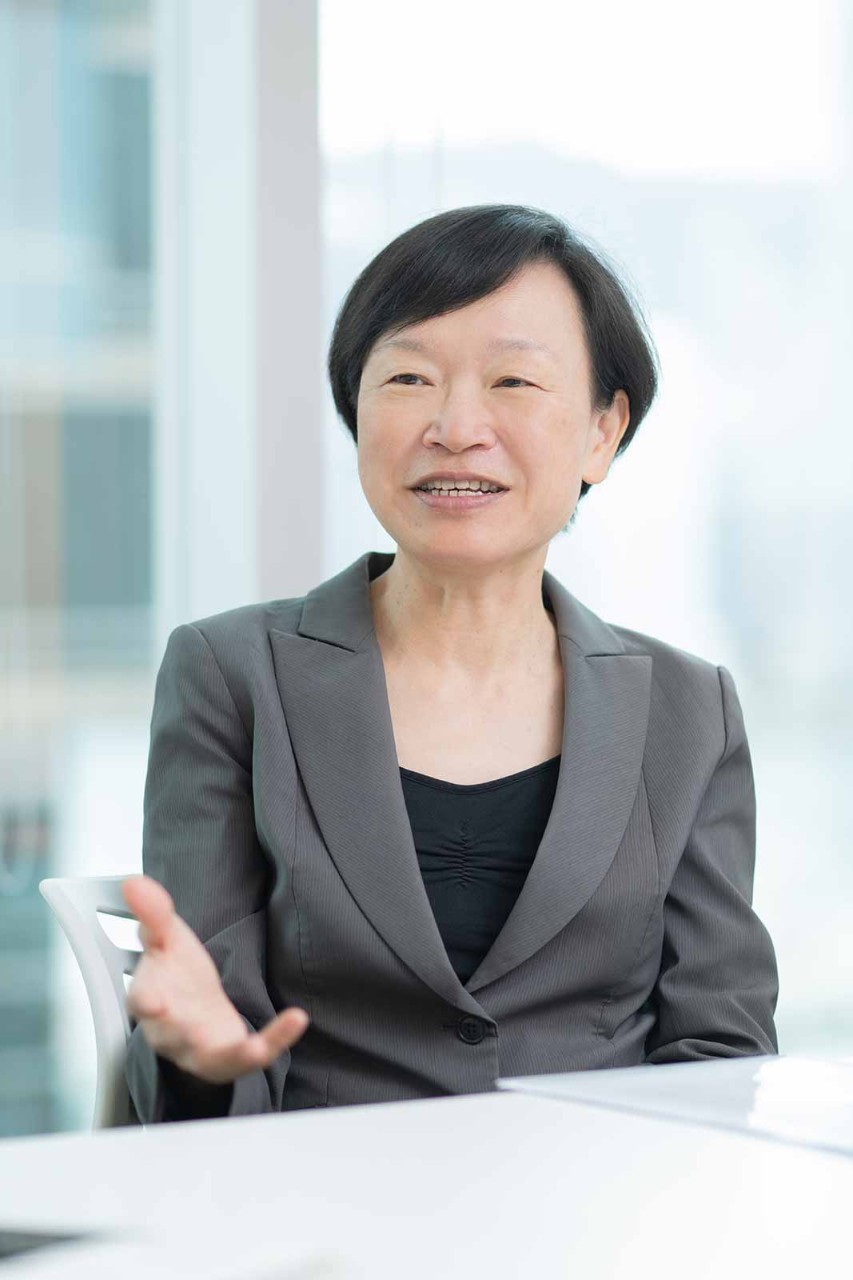
For CW CPA, a boutique small and medium practice (SMP) based in Hong Kong, the journey towards digitalisation had already begun before the Covid-19 pandemic. ‘Covid-19 accelerated the process of normalising digital in people’s lives and it was therefore necessary to embrace technologies,’ says Rosanna Choi FCCA, a partner at the firm which she co-founded in 2017.
In order to create a smooth transition, the firm sought assistance from digital experts and created an IT committee – comprising in-house staff and external specialists – which Choi chairs.
Changing mindset
A key challenge, admits Choi – who is also chair of ACCA’s Global Forum for SMEs – has been encouraging a change of mindset among colleagues long used to working manually. By slowly introducing digitalisation, employees have observed the benefits first hand.
For example, early on, the adoption of a robotic process automation (RPA) solution that reduced the time spent on bank reconciliation by around 75% was well received; that success encouraged Choi to introduce more new digital tools.
‘Covid-19 accelerated the process of normalising digital in people’s lives’
For SMPs, digitalisation is not necessarily about adopting the most complex technologies, Choi says. Rather, tailoring an existing application such as Microsoft Excel can make a huge difference.
Choi recalls how the creation of an Excel formula for payroll cut down on the manual workload significantly. In addition, the payroll data inputs are used for payments to Hong Kong’s Mandatory Provident Fund and tax return calculations, thus ‘killing three birds with one stone,’ she says.
Incentive to change
Just showing how technologies can help is not enough, though: giving staff an incentive to change is essential. ‘Sometimes you need to push people to give up established practices,’ Choi says.
To achieve this, she asks each department to set clear goals to adopt RPA or other digital solutions. The company secretarial department, for example, is trying to use OneDrive so that subscribing clients can have access to their own ‘Green Box’, comprising business incorporation and registration materials.
Departments also have the opportunity to share their success stories during Strategy Away Days to showcase how they identified repetitive, mundane processes that could be improved and how digitalisation has helped them.

‘Sometimes you need to push people to give up established practices’
CW CPA
Headquartered in Hong Kong, CW CPA is a professional accounting and advisory firm. More than two-thirds of the firm’s clients are foreign SMEs. The company offers accounting and financial reporting services, audits, assurance, corporate secretarial services, HR process outsourcing, tax advisory and consulting related to mainland China. In addition, CW CPA advises clients on digitalisation based on the firm’s experience.
For example, the tax department looked at ways to automate Inland Revenue Department forms, while the business development team developed better online search engine optimisation along with ways to improve email marketing.
‘We are not asking colleagues to fully automate processes overnight, but it is a way of helping them start to use technologies where manpower is insufficient,’ Choi says.
Cost-effective solutions
Budget is, of course, a key consideration, so finding the most cost-effective software is vital. CW CPA has introduced professional services automation software to support project management and documentation, billing and reporting. This, Choi says, has proved cost effective, especially as the provider can adjust the software to suit the firm’s needs.
Not blindly trusting software demos is also important, she adds.
For accounting professionals, Choi believes that digitalisation should always be front of mind, as the modern world cannot function effectively without it. It is also vital in order to attract younger, digital-savvy professionals. ‘In the long run, the company will attract talent keen on a digitalised working environment,’ she says.
Ultimately, technology is simply a tool to enable a business to run smoothly and effectively, Choi says. Equally important are people, communication and processes. ‘That said, digitalisation is becoming the DNA of an accounting professional who thinks ahead,’ she adds.
More information
Visit Practice connect, ACCA’s new hub for SMPs

